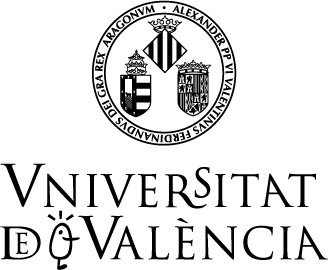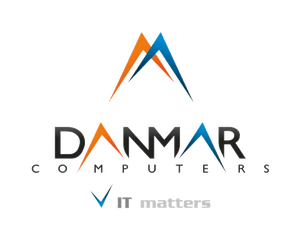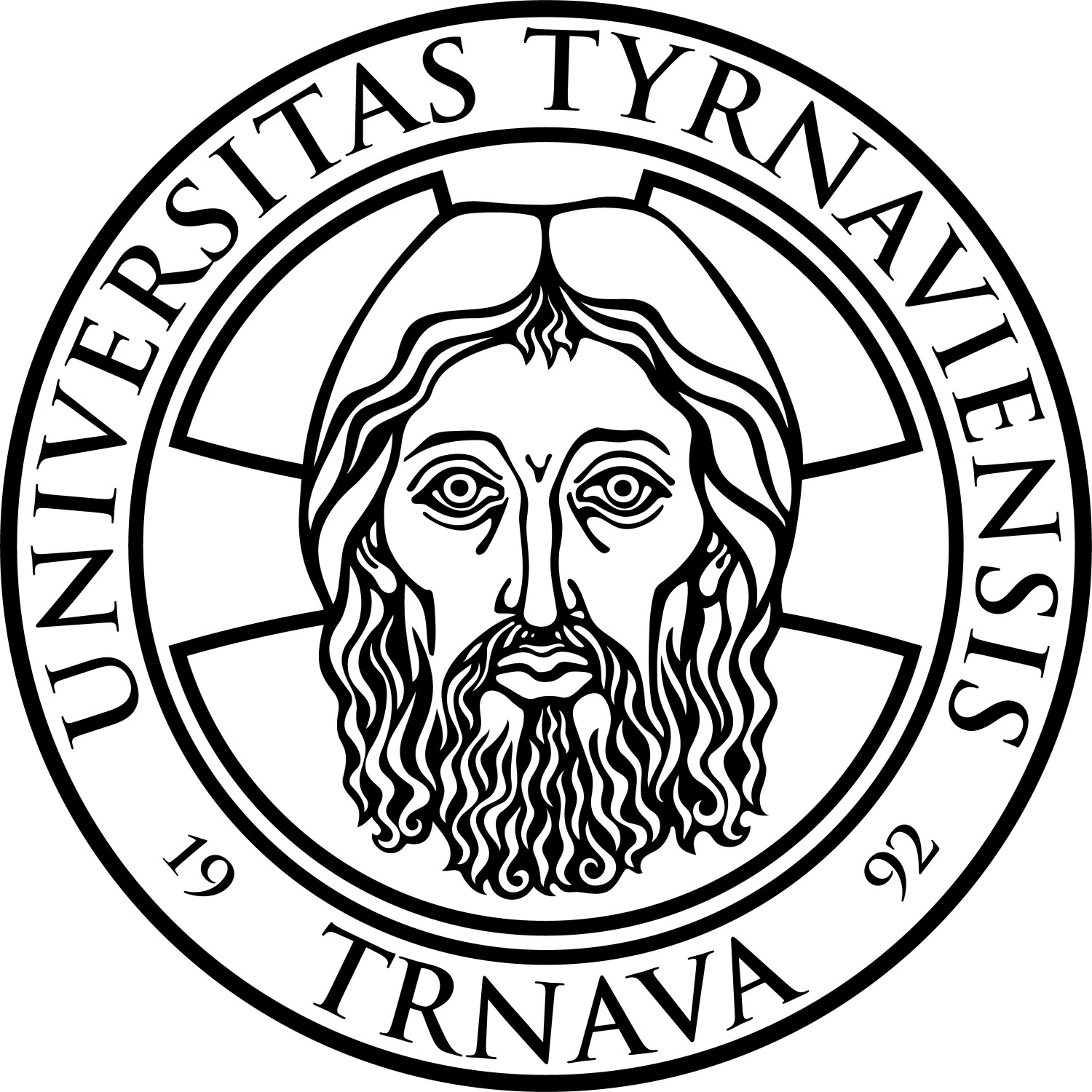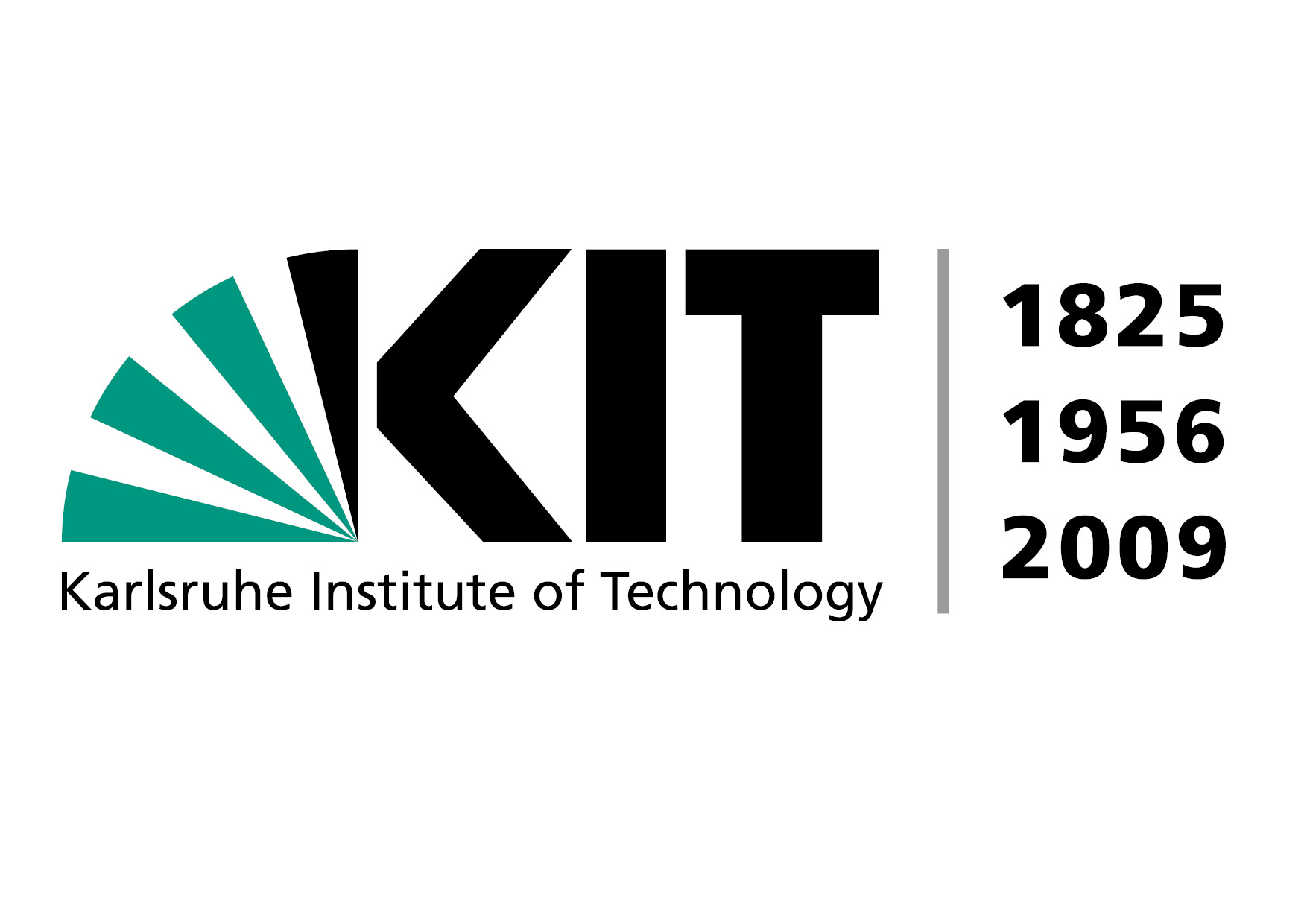
UVEG
The Universitat de València, founded in 1499, initially was dedicated to the study of medicine, humanities, theology and law. Nowadays, it is a modern university covering almost every branch of knowledge. Given the wide range of studies available, as well as its humanistic dimension, it is now one of the largest, oldest and most diverse universities in Spain.
The university has 45,800 undergraduate and 8,600 postgraduate students. On its three campuses, there are over 3,300 teachers and researchers in 90 departments, 17 institutes and other research units, assisted in their work by over 1,700 administration and service staff. Its libraries house approximately 1.5 million books, are subscribed to more than 26,000 journals and provide 4,300 reading places for almost 60,000 users. Along with the human resources, the size and cutting-edge equipment of its facilities guarantee the quality of a vast scientific and technological offering at the service of society.
The Universitat de València has experience in the development and management of more than 150 European projects in the following frameworks: the RTD European (I-VII) Framework Programmes, HORIZON 2020, Lifelong Learning Programme (Erasmus, Socrates, Leonardo) and Erasmus+, acting both as a co-ordinator and partner institution.
The research areas of the UVEG ScienceFlows team are focused on the public comprehension of science, its social perception, dissemination, history and contemporary culture related.
Website: http://scienceflows.com/persist_eu/

FYG
Instalofi Levante S.L. (FyG Consultores) is a Spanish private, high-level training enterprise, pioneers in co-creation with companies, adults and young people in the training on innovative concepts, business creation, employability, basic skills, literacy and numeracy skills, entrepreneurship and soft and hard skills training.
FyG is specialized in business development and innovative solutions related, among others, with the provision of training courses to SME’s, entrepreneurs and Start-Ups. Founded in 2001, FyG counts with international presence, helping companies to define strategies that allow them to grow in foreign markets. FyG also acts actively as an education and training company promoting and enhancing the development of adults and disadvantaged groups.
In recent years, FyG has developed and implemented a number of European international cooperation projects with Erasmus+ and COSME programme, dealing with enterprise creation and development, employability, management, Start Ups training, internationalization, Gamification and Innovation of the Entrepreneurial Training. Today, FYG collaborates together with a wide range of economic actors, both public and private.

OBSERVA
Observa Science in Society is a non-profit, independent, legally recognized research centre promoting the study and discussion of the interaction among science, technology and society, with the aim of stimulating dialogue among researchers, policy makers and citizens.
Observa’s activities are supervised by an international and interdisciplinary scientific committee.
Activities focus on three main areas: Science Communication; Research and Innovation Policy; Science, Citizens and Technology.
Observa belongs to the main international networks actively engaged with science in
society issues, including ESCoNet (European
Science Communicators Training Network), Science and the City, MACOSPOL
(Mapping
Controversies On Science for POLitics) and the network of institutions coordinated
by the London School of
Economics and
Political Science which monitors global trends in public perception and
media coverage of science and technology.
Website: www.observa.it

Danmar Computers
Danmar Computers LLC is a private company operating in the field of Information Technology and providing vocational training in this field. Danmar has an extensive experience in developing modern Web and mobile applications that are used for educational purposes. Danmar also has long-term experience of carrying out European projects within which company’s R&D staff conducts research and prepares trainings tailored to the needs of various learners. During 15 years, Danmar has successfully implemented over 50 projects within Grundtvig, Leonardo da Vinci, Progress and recently Erasmus+.
In many of these projects Danmar was responsible for designing and coordinating dissemination strategies. Danmar Computers is the developer and provider of AdminProject (adminproject.eu), the on-line system for management of European projects. All activities of the company are based on wide and well-established cooperation network, both on national and international levels. The national networks include training and counselling institutions, universities, schools, non-governmental organisations as well as private sector companies. International network include partners of various profiles coming from every European Union’s country. Danmar Computer’s mission is the promotion of life-long education and assurance of equal access to education for everyone with the use of modern technology.

TRUNI
Trnava University is a modern university with a long tradition and great heritage. The University of Trnava founded in the 17th century offered education to students of many nations and played an important role in the history of Central Europe, thus contributing significantly to the development of European education and culture. Trnava was the first town in the territory of today's Slovakia to be granted privileges of the free royal town in 1238 by the Hungarian King Belo IV. The 142 years of the existence of the first comprehensive University in the multi ethnic Kingdom of Hungary represented a gold chapter in the town's history.
The University of Trnava re-opend its activity in Trnava in 1992. It is a public university with five faculties. The Faculty of Philosophy and Arts was one of the founding faculties of today's University. Since its establishment, the Faculty of Philosophy and Arts has developed into a well-know scientific and educational institution where tradition and new approaches are combined. The primary mission of the Faculty of Philosophy and Arts consisting of nine departments is to provide university education in philosophical, humanistic and social sciences and arts. The objective of faculty is to prepare specialists in classical archaeology, classical languages, cognitive studies, ethics, history, history of arts and culture, philosophy, political science, psychology and sociology. The University degree system consists of Bachelor's Degree, Master's Degree and Doctoral Degree (PhD.) study programmes. The University of Trnava actively participates in the Bologna Process and the Faculty of Philosophy cooperates with institutions from all parts of the world.
Website: http://ff.truni.sk/persisteu

KIT
Karlsruhe Institute of Technology (KIT) combines the traditions of a renowned technical university and a major large-scale research institution within the Helmholtz Association. It was established 2009 by the merger of its two predecessor institutions, the Polytechnic School (founded in 1825) and later University of Karlsruhe, and the Karlsruhe Research Center, founded 1956. With more than 9,000 employees and an annual budget of about EUR 785 million, KIT is one of the largest research and education institutions worldwide. Engineering sciences, natural sciences, the humanities, and social sciences make up its scope of subjects. In high interdisciplinary interaction, scientists of these disciplines study topics extending from the fundamentals to application and from the development of new technologies to the reflection of the relationship between man and technology. KIT assumes responsibility for contributing to the sustainable solution of the grand challenges that face the society, industry, and the environment.
The Department of Science Communication at KIT conducts several, often inter- and transdisciplinary, research projects within science of science communication with several empirical methods (i.e. eye-tracking). The department also initiates innovative projects to explore and evaluate new ways of implementing or evaluating science communication. It is responsible for a B.A. and M.A. programme in Science Communication.
Website: https://wmk.itz.kit.edu/3301.php

ICS
The Institute of Social Sciences of the University of Lisbon (ICS) is a multidisciplinary university institution that produces scientific knowledge on contemporary societies. ICS’s three main areas of activity are: 1) Research, published in nationally and internationally renowned journals and books and disseminated in networks and scientific meetings; 2) Postgraduate programmes, closely connected to research lines, projects underway and international cooperation networks; 3) Outreach, in particular through the Observatories on Portuguese Society and research which affects public policy, as well as commissioned studies from private and public bodies. It also undertakes activities of disseminations of scientific knowledge to non-academic audiences.
These activities result from the collaboration between researchers of different disciplinary areas (Social and Cultural Anthropology, Economics, History, Human Geography, Political Science, Social Psychology, and Sociology), organized into 7 Research Groups: Empires, Colonialism & Post-Colonial Societies; Environment, Territory and Society; Identities, Cultures, Vulnerabilities; Life course, Inequality & Solidarity: Practices and Policies; Power, Society & Globalization; Regimes & Political Institutions; Socio-Political Attitudes & Behaviours.
